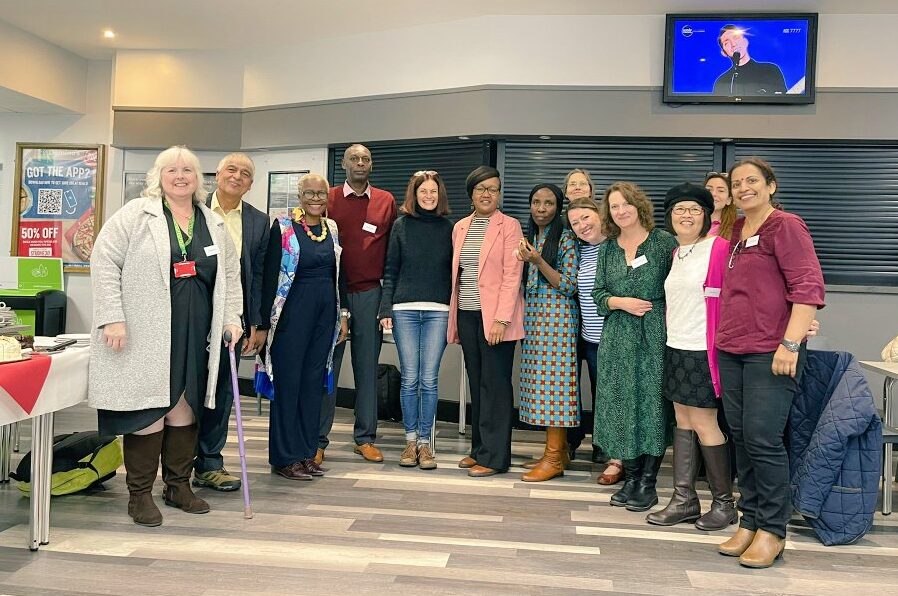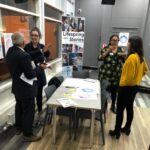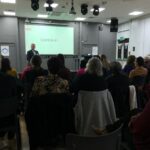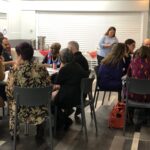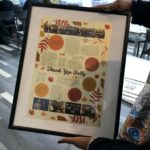In this blog, Dr Esther Oenga writes about the development of a toolkit and training materials for Participatory Action Research – PAR for short. She explains how the work of the PAR network in Reading has led to this point, the approach taken during the PAR pilot and showcase event, and the next steps for this work.
The story of Participatory Action Research in Reading
Centred around the notion that communities themselves have the skills and expertise to best understand local needs through their lived experiences, PAR seeks to disrupt traditional power relations between researchers and the researched by locating knowledge generation at the local level and enable communities to explore and action issues that matter most to them. Dr Sally Lloyd-Evans, Public Engagement with Community Research Fellow at the University of Reading
Building on the University’s existing strengths in participatory research and community engagement, our current journey began with the Whitley Researchers collective in 2014, a collaboration with the Whitley Community Development Association, and subsequent launch of the Participation Lab in 2016.
Since then, the team has grown and carried out many more projects which have engaged different stakeholders as equal partners to address the issues that matter to grassroots communities. These include Young Whitley Researchers, Oxford Road Stories, Food Systems Equality and Community Participatory Action Research (CPAR).
The PAR pilot
Between March and November 2022, we conducted a PAR pilot, funded by the University. The pilot had two aims: to collate the PAR learning and lived experiences of community researchers, local organisations, postgraduate students, and academics, and to co-produce a toolkit and training materials.
The PAR pilot was a process. It was designed and conducted by a team of community researchers, and built around their expertise, as well as drawing on the PAR experiences of other stakeholders from Reading and beyond. The team was led by Dr Sally LIoyd-Evans and Dr Esther Oenga.
The project team carried out research through multiple methods: google forms, one-to-one interviews (online and face-to-face), core-group learning and sharing, small group reflections, workshops, conferences and videos. A variety of people were interviewed, including the Vice Chancellor, research deans, academics across all disciplines, community partners/organisations in Reading and beyond, students, and early career researchers.
The pilot allowed the team to reflect on and share the rich experiences and knowledge from different projects to better understand what Participatory Action Research why do PAR? what are the advantages and limitations? – and then to co-produce knowledge and develop a PAR training programme.
The PAR toolkit
The outcome is a co-produced toolkit and training materials that are informed by a unique collection of diverse perspectives and lived experiences. The 8 stages of PAR is a step-by-step guide to what PAR involves, and the PAR Wheel highlights principles and every day practices that may be beneficial to those engaging in a PAR project. Other training materials include recipe cards, videos and a PAR spinner.
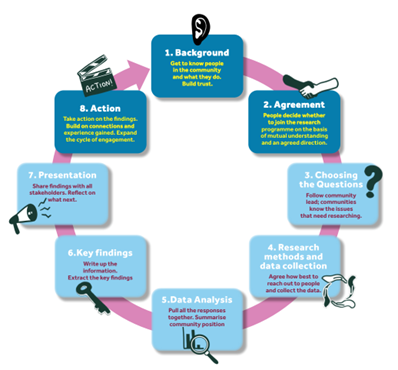
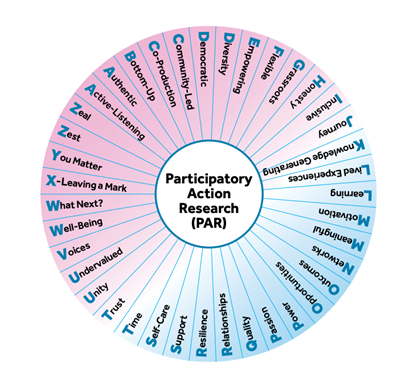
The PAR showcase
On 8 November 2022 we held a PAR showcase at the University to share the findings and provide an opportunity for feedback as part of the process of co-production of PAR knowledge.
A real sense of partnership and collaboration was evident during the PAR showcase event. Over 60 stakeholders attended, including the Vice Chancellor, the research dean for Prosperity & Resilience, academics, community partners, students, early career researchers and participants from Oxford and Sheffield.
The PAR pilot has had a huge impact on the community researchers who took part and at the event they were presented with certificates of appreciation for their contributions.
Feedback from the PAR showcase:
- ‘Inspiring learning and enthusiasm’
- ‘Bringing the community together to talk about many different prospects and interests worked very well’
- ‘Working with partners to move things forward’
- ‘Very impressed with the toolkit documents very useful for generating ideas for future research’
- ‘Today proves that research can be fun!’
The next steps for PAR
The next steps are piloting the PAR training programme with community and University participants, until June 2023. If you are interested in finding out more about the PAR toolkit and training programme please email s.lloyd-evans@reading.ac.uk or e.k.oenga@reading.ac.uk.
Dr Sally Lloyd-Evans is an Associate Professor in Human Geography and Public Engagement with Community Research Fellow at the University of Reading.
Dr Esther Oenga is a Postdoctoral Research Assistant in Participatory Action Research at the University of Reading.

